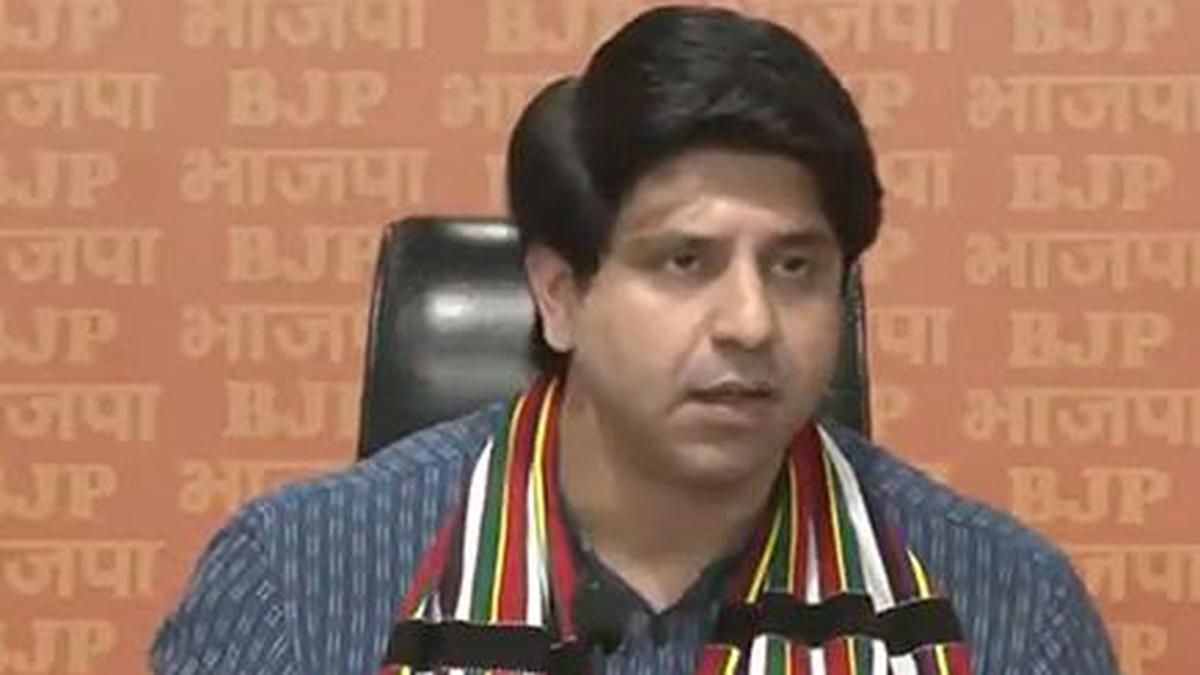On October 27, 2025, the Bharatiya Janata Party (BJP) publicly criticised the Opposition parties, including the Indian National Congress, over their reaction to the Election Commission of India’s decision to conduct a Special Intensive Revision (SIR) of the electoral rolls in 12 States and Union Territories. This move by the Election Commission aims to update and verify the voter lists ahead of upcoming elections, a process that has triggered a wave of political controversy and accusations.
Shehzad Poonawalla, the BJP’s national spokesperson, accused the Opposition of hypocrisy and inconsistency regarding the SIR. He described the dissenting parties as a “herd of dissatisfied souls” and a “master class in hypocrisy” for their contradictory positions. According to Poonawalla, while these parties condemn the SIR, claiming it is unconstitutional and a tactic for vote manipulation, some of them, notably in Maharashtra, have themselves demanded such revisions ahead of local body polls. This, he argued, clearly exposes the Opposition’s contradictory stance.
Poonawalla further alleged that the Opposition’s criticism of the Election Commission and the SIR is essentially a smokescreen to mask their fear of impending electoral losses. He suggested that parties like Congress are using the revision process as an excuse to delegitimise the Election Commission’s efforts, which are aimed at cleaning the voter lists and ensuring free and fair elections.
In parallel, Amit Malviya, head of the BJP’s IT cell, raised concerns over a significant bureaucratic reshuffle carried out by the West Bengal government, led by Chief Minister Mamata Banerjee. Malviya pointed out that just before the Election Commission announced the SIR in West Bengal and other states, the state government transferred a large number of bureaucrats. Specifically, 17 District Magistrates (DMs), 22 Additional District Magistrates (ADMs), 45 Sub-Divisional Officers (SDOs), and 151 Block Development Officers (BDOs) were shifted in a move that Malviya said raises “serious questions about intent and timing.”
Malviya highlighted that the reshuffle order was dated October 24 but was only made public on October 27, the same day the Election Commission announced the SIR. He noted that no other state or Union Territory had undertaken such extensive transfers prior to the revision exercise. He implied that these transfers were a strategic attempt by Mamata Banerjee’s administration to influence the revision process.
Moreover, Malviya accused the West Bengal government of deliberately placing bureaucrats in districts with high numbers of suspected illegal voters, claiming that these moves exposed the state leadership’s “assets” who are allegedly involved in vote manipulation. He asserted that the BJP is closely monitoring every detail of these changes, including the individuals involved, the districts affected, and the resources allocated.
Malviya interpreted Mamata Banerjee’s actions as a sign of panic. He suggested that the Chief Minister is apprehensive about the SIR because it could reveal the presence of illegal Bangladeshi voters and eliminate fake entries that have been used for fraudulent voting in the state. This accusation taps into a long-standing political debate over voter identification and citizenship verification in West Bengal, a state bordering Bangladesh.
The Election Commission’s decision to conduct the SIR in 12 States and Union Territories—West Bengal, Chhattisgarh, Goa, Gujarat, Kerala, Andaman & Nicobar Islands, Lakshadweep, Madhya Pradesh, Puducherry, Rajasthan, Tamil Nadu, and Uttar Pradesh—reflects an effort to ensure the accuracy and integrity of electoral rolls nationwide. Special Intensive Revision exercises are typically launched to identify and remove duplicate, fake, or ineligible entries from voter lists, thereby strengthening the democratic process.
However, this exercise has become a flashpoint in the ongoing political tussle between the ruling BJP and the Opposition. The BJP frames the SIR as a necessary step to uphold the sanctity of elections and prevent fraudulent practices, while many Opposition parties view it as a politically motivated move designed to disenfranchise certain voters and tilt the electoral playing field.
The controversy also underscores the critical role of bureaucracy in the electoral process. The timing and scale of the bureaucratic reshuffle in West Bengal have raised suspicions about attempts to manipulate administrative machinery for electoral advantage. Such accusations are not new in Indian politics, where the impartiality of civil servants often comes under scrutiny during elections.
In summary, the BJP’s recent

